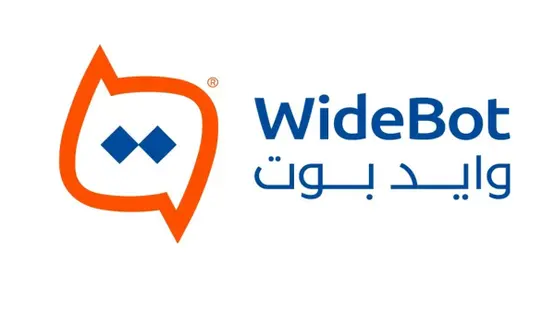Egyptian HR tech pioneer HiRemoters is redefining the recruitment landscape in the Middle East and North Africa (MENA) by leveraging advanced artificial intelligence. The firm, specializing in connecting top remote talent with global and regional companies, has announced a remarkable 80% reduction in hiring costs for its clients, showcasing the transformative power of AI in human resources.
By the Numbers: HiRemoters’ Impact
- 80% reduction in client hiring costs.
- 95% candidate retention rate over six months.
- 90% accuracy in candidate-to-role matching.
- Operations spanning 7 countries, with a strong MENA focus.
Pioneering AI-Driven Recruitment
HiRemoters’ success is rooted in its proprietary AI-powered platform, TalentOS. This innovative system addresses critical challenges faced by businesses, such as talent scarcity and the high operational costs associated with traditional recruitment methods. By automating and optimizing various stages of the hiring process, TalentOS ensures a more efficient, accurate, and cost-effective approach to talent acquisition.
The platform meticulously screens, assesses, and matches candidates with open roles, significantly reducing the time-to-hire while improving the quality of placements. This sophisticated AI not only streamlines the initial stages but also contributes to long-term success by identifying candidates who are a strong cultural and skill fit for remote work environments.
Addressing Key Industry Challenges
Founders Alaa Elhadad and Mohamed Sayed recognized the growing demand for remote talent, especially in a region eager to embrace digital transformation. They built HiRemoters to bridge the gap between skilled professionals in the MENA region and companies worldwide seeking flexible and high-performing teams. Their AI solution directly combats issues like high turnover rates and the often prohibitive expenses of sourcing, interviewing, and onboarding new employees.
By focusing on remote work, HiRemoters also taps into a broader talent pool, offering companies access to diverse skills without geographical limitations. This strategic advantage is particularly valuable in dynamic industries where specialized expertise is often scarce locally.
Impressive Outcomes and Client Value
The 80% cost reduction is a testament to the efficiency gained through HiRemoters’ AI integration. This substantial saving allows companies to reallocate resources to other strategic areas, fostering growth and innovation. Furthermore, the impressive 95% six-month candidate retention rate underscores the quality of HiRemoters’ placements, minimizing the risk and cost associated with early departures.
Clients benefit from a streamlined process that delivers highly qualified candidates with a 90% accuracy rate, ensuring that businesses connect with the right talent faster and more reliably than through conventional methods. This efficiency translates directly into operational advantages and competitive edge for companies utilizing HiRemoters’ services.
About HiRemoters
Founded by Alaa Elhadad and Mohamed Sayed, HiRemoters is an Egyptian HR technology firm dedicated to revolutionizing recruitment through artificial intelligence. Based in Egypt, the company specializes in connecting businesses with top-tier remote talent across various industries. Their mission is to make global talent accessible and affordable for companies worldwide, fostering a more agile and efficient workforce.
Looking Ahead
HiRemoters is poised for continued growth and expansion, strengthening its foothold in the MENA region and extending its reach globally. The firm plans to further enhance its AI capabilities, exploring new applications to continually optimize the recruitment lifecycle and offer even greater value to its clients. As the global shift towards remote and hybrid work models accelerates, HiRemoters stands as a key enabler for businesses seeking to build high-performing, cost-effective teams for the future.
Source: Tech in Asia














